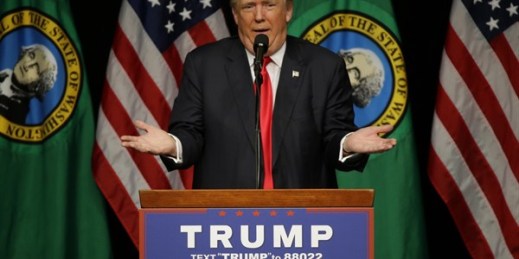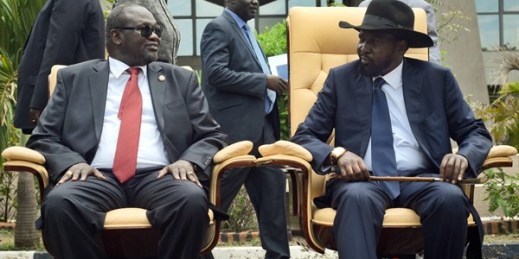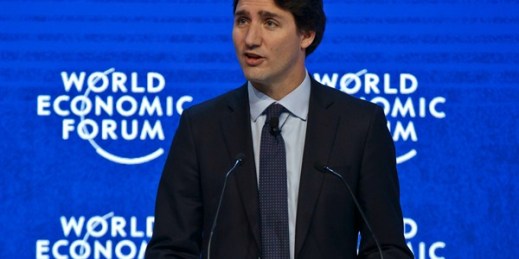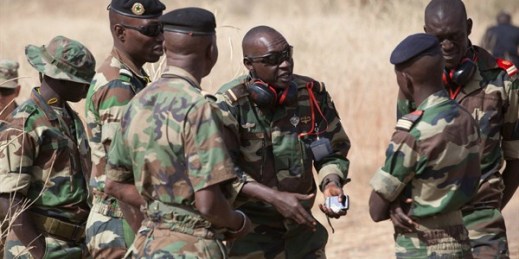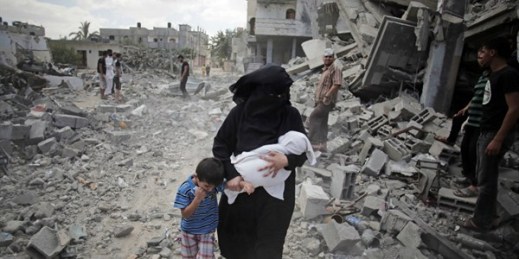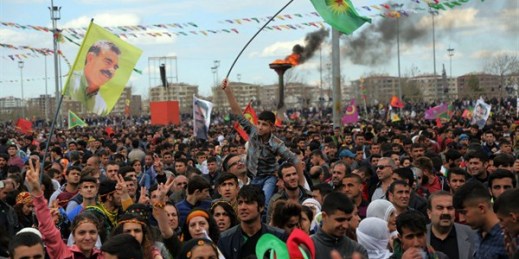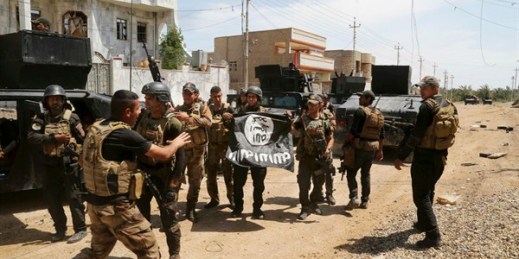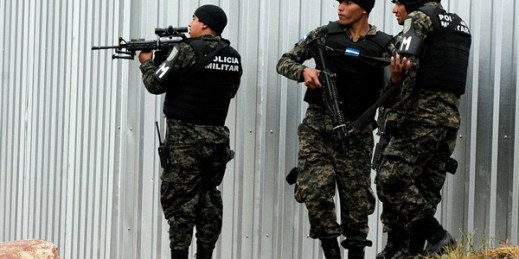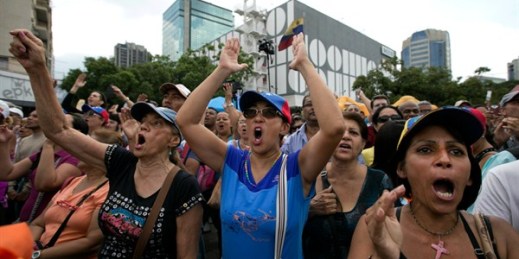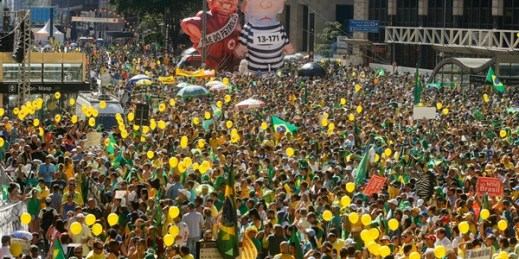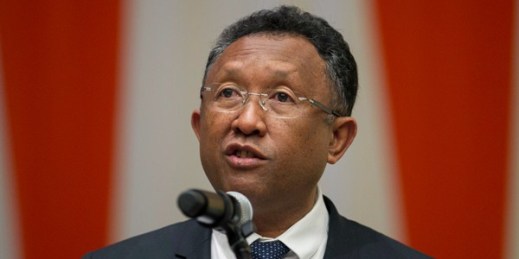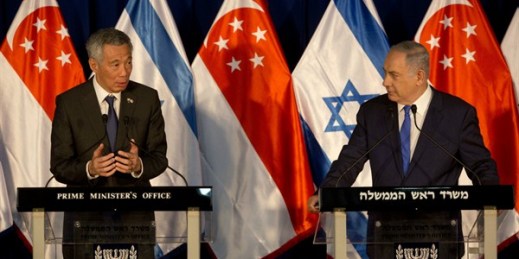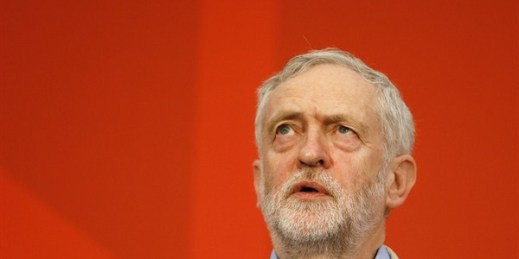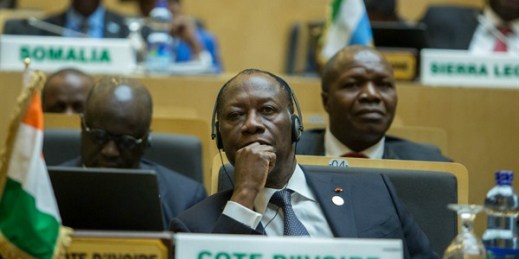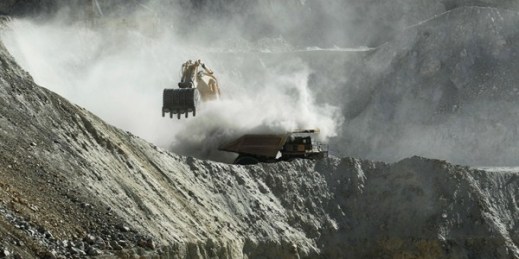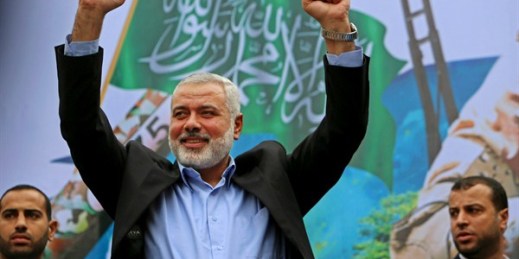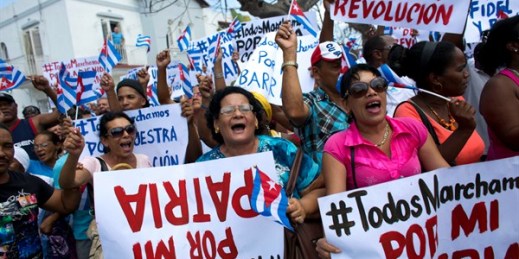
Expectations for change in Cuba grew following the historic thaw in U.S.-Cuban relations that began in December 2014, and gained momentum with U.S. President Barack Obama’s equally historic visit to the island in March 2016. How have these epoch-making transformations altered Cuba’s newly dynamic domestic reality, which is often inaccurately assumed to be both monolithic and monochromatic? On one hand, Havana has responded by circling the wagons of the state and doubling down on political centralization under President Raul Castro and los historicos, as the old-guard revolutionaries are known. On the other, a variety of actors in Cuban society—including political […]

